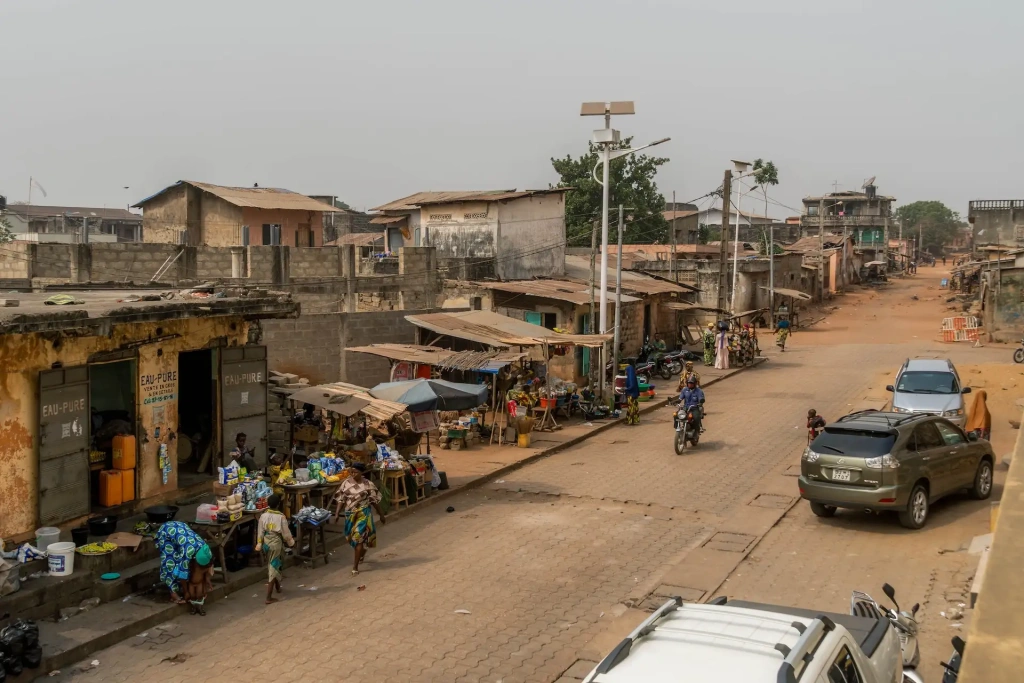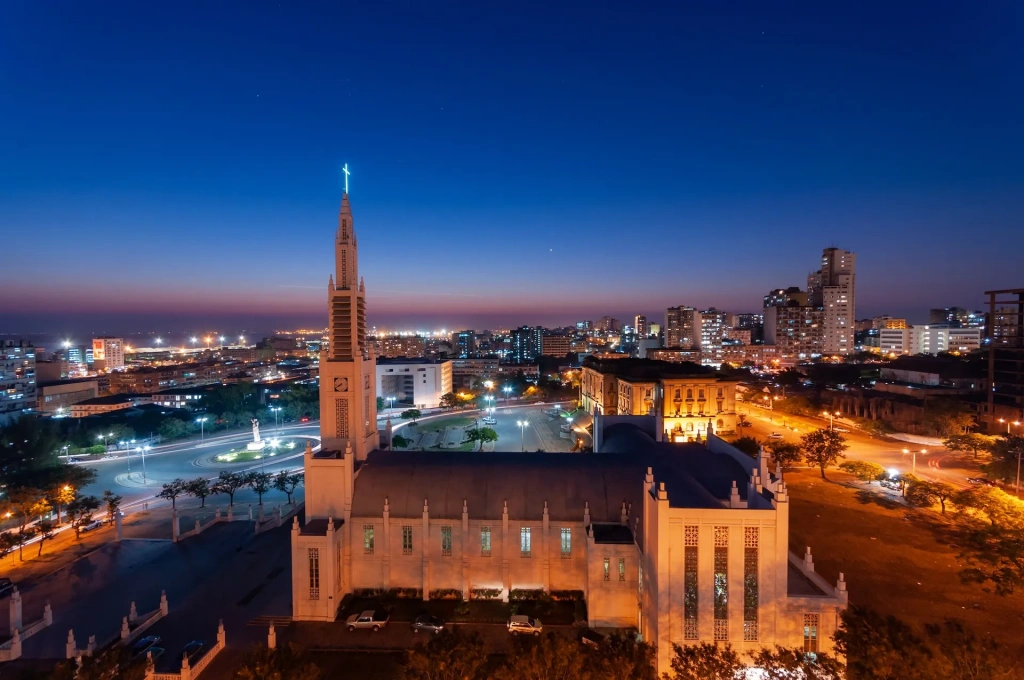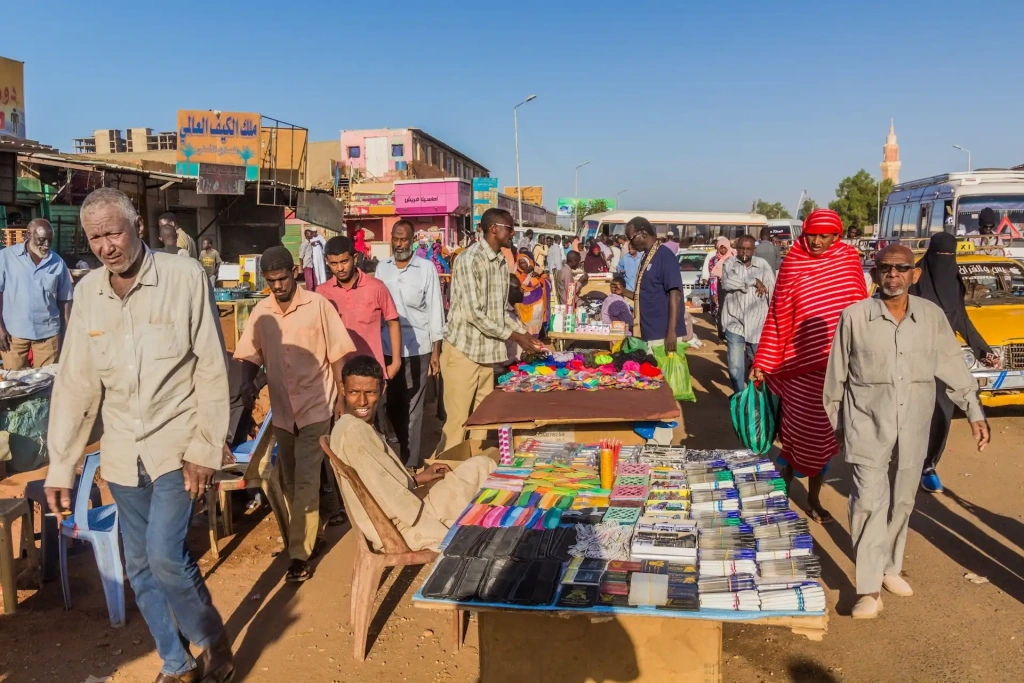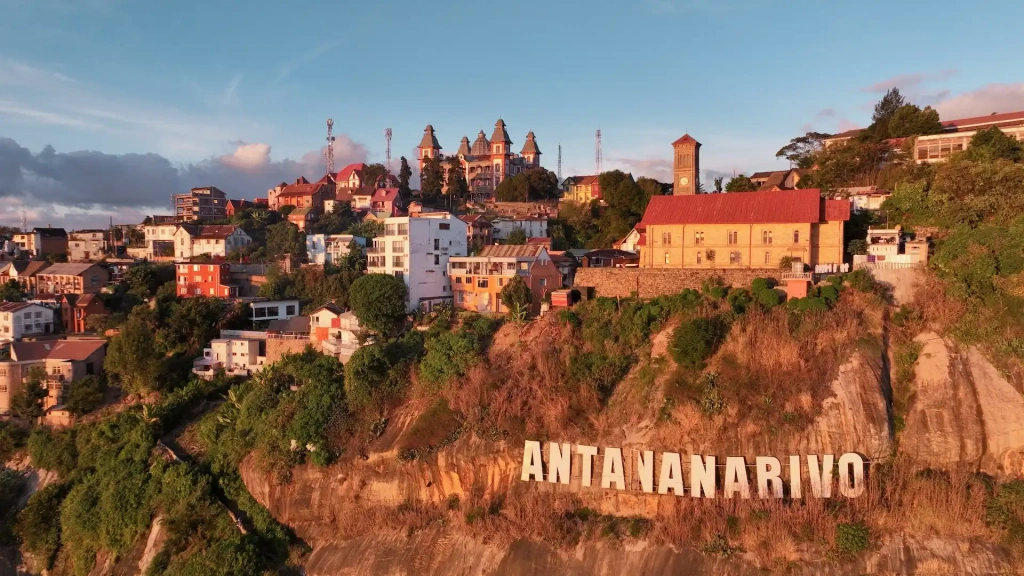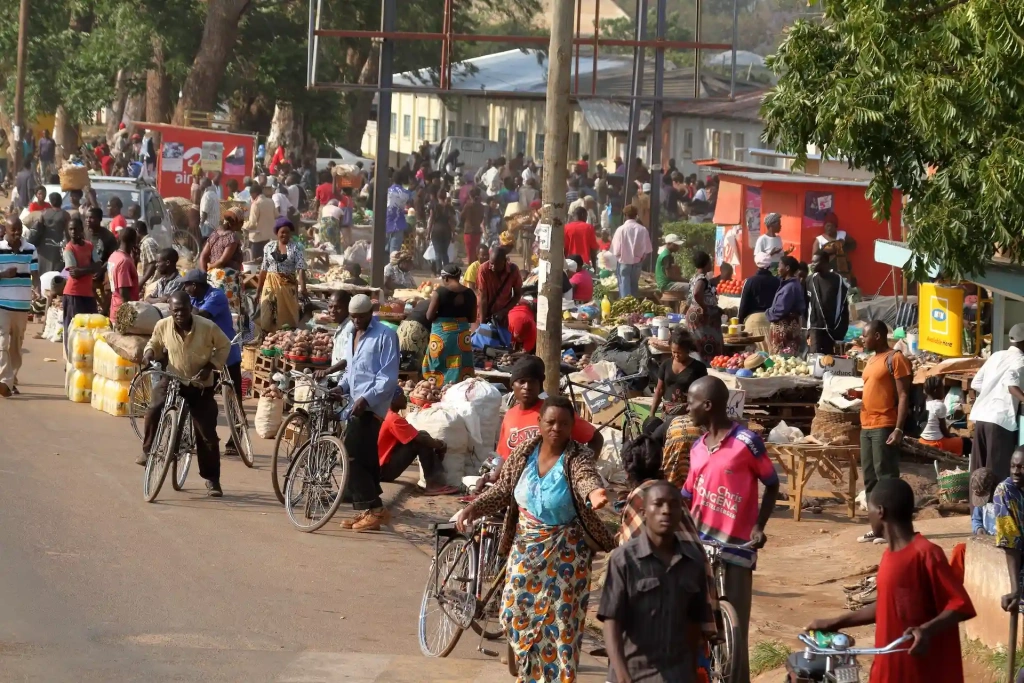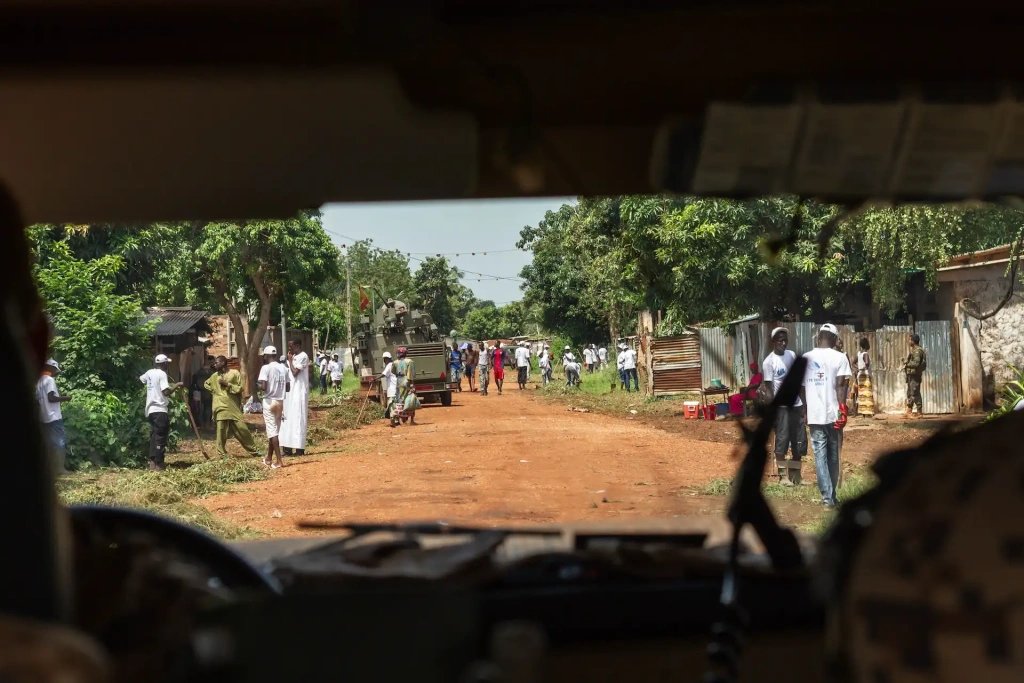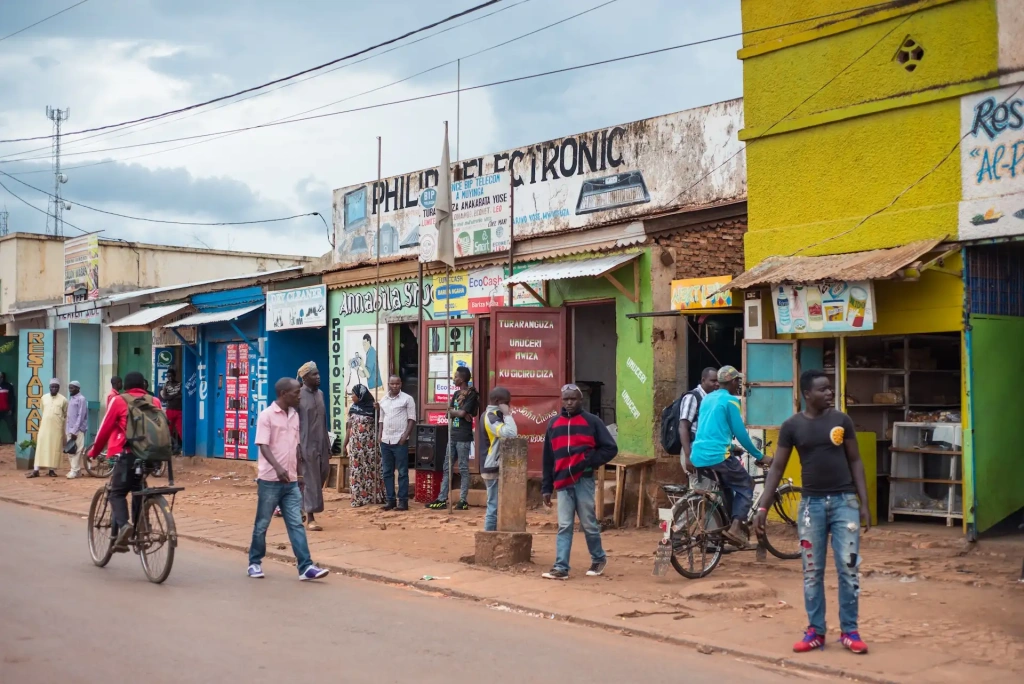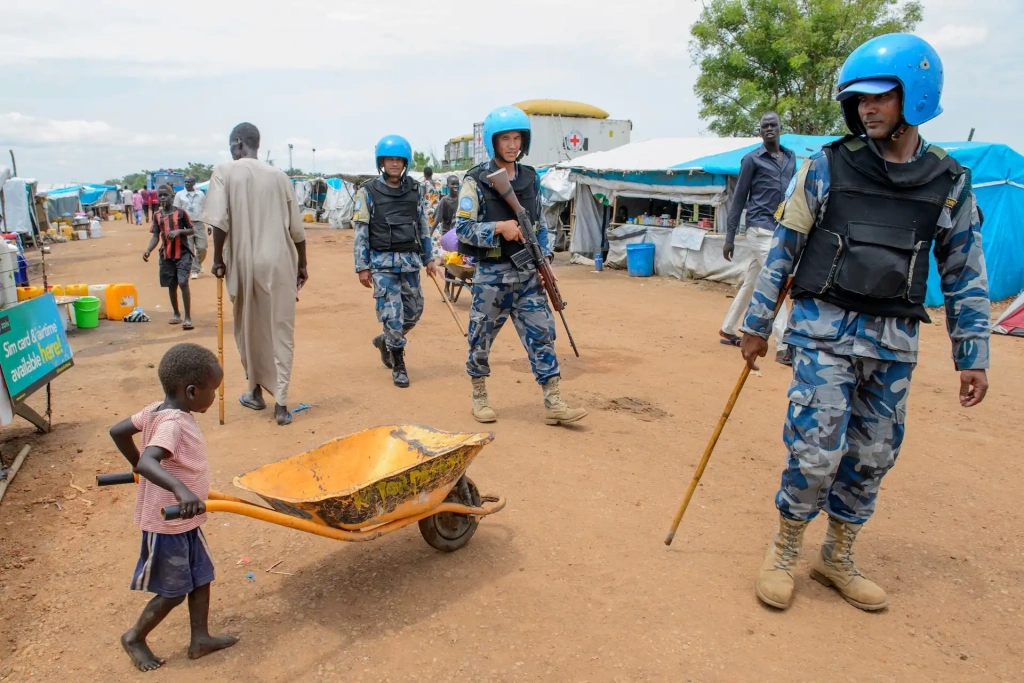Civil wars, poverty, corruption, and unemployment remain the reality for many African countries today. According to the International Monetary Fund (IMF) in 2025, the seven poorest countries in Africa are South Sudan, Burundi, the Central African Republic (CAR), Malawi, Madagascar, Sudan, and Mozambique. Read more about the economy and daily life in each of them in this Altezza Travel article.
To understand how rich or poor a country is, many factors can be considered, but one of the simplest benchmarks is GDP per capita. This measures the value of all goods and services a country produces in a year, divided by its population. The higher this figure, the better the standard of living. But there is a nuance.
It is relatively easy to evaluate the economic situation in countries with developed legal and financial systems. Their published statistics are trustworthy, and businesses operate under transparent rules. For poorer states where corruption is widespread and government reports are questionable, the task becomes highly complex. That is why multiple international organizations compile GDP rankings. The most authoritative among them are the World Bank, the International Monetary Fund, the UN, and the CIA.
Globally, these institutions report an improvement in Africa’s living standards. The World Bank provides the clearest picture of the continent’s progress. In 2018, 26 countries were in extreme poverty; by 2024, that number had dropped to 21. Zambia, Guinea, Tanzania, and Benin significantly improved their economies.
Nevertheless, wars, ethnic conflicts, and epidemics still keep several African nations in poverty. To determine the seven poorest, Altezza Travel used IMF data published in 2025. The IMF’s methodology takes into account the maximum possible number of factors.
7. Mozambique
- Capital: Maputo
- Population: 35.9 million
Mozambique opens the IMF’s ranking of Africa’s seven poorest countries, with a GDP per capita estimated at $663. Since 2018, the state has suffered militant attacks in its northern provinces. The armed conflict has displaced nearly one million people. Antonella D’Aprile, head of the UN World Food Programme office in Mozambique, called this humanitarian crisis “a humanitarian catastrophe beyond epic proportions.”
The conflict forced the closure of nearly half of all medical centers in the north. In the south, the influx of refugees has also made healthcare less accessible. Around one million people face hunger. Frequent natural disasters further complicate the situation.
Despite these difficulties, Mozambique continues to develop. The minimum wage is approximately $75, although salaries for highly qualified specialists and managers can be 10–30 times higher. Mozambique’s coast is lined with luxury resorts popular with tourists from around the world, and the country has strong potential for growth.
The U.S. Department of State advises travelers to exercise increased caution in Mozambique. It warns of possible civil unrest and violent crime, such as robberies. Healthcare infrastructure is weak, and the availability of medicines is unstable and often insufficient.
6. Sudan
- Capital: Khartoum
- Population: 48.8 million
Sudan is another African state torn by civil war. It ranks sixth on our list of the poorest countries in Africa.
“There’s not even a rough estimate of the death toll – you can see ranges that go up to 150,000 or more – because no one is counting all the dead. In this civil war, there is no official state machinery, no health ministry, to publish daily figures,” writes Jonathan Freedland in his column for The Guardian.
Speaking at the UN Security Council in November 2023, Assistant Secretary-General for Africa Martha Ama Akyaa Pobee stated that Sudan is facing “a convergence of a worsening humanitarian calamity and a catastrophic human rights crisis.”
Despite the fighting, Sudan’s economy, based on agriculture and oil exports, has not completely collapsed. The IMF estimates GDP per capita at $624. Whether this money reaches the people is another matter. This might explain why there are no listings for accommodations in Sudan on Booking.com.
“Do not travel to Sudan due to armed conflict, civil unrest, crime, terrorism, and kidnapping,” advises the U.S. Department of State. “Members and individual sympathizers of known terrorist groups and hardline political extremists could attack with little or no warning, targeting foreign and local government facilities and areas frequented by Westerners.”
5. Madagascar
- Capital: Antananarivo
- Population: 31.8 million
Madagascar has long been a world-famous tourist destination for beach holidays. Yet locals see little benefit from this global popularity, and the island remains one of the poorest countries in Africa. Madagascar’s GDP per capita is just $594.
Although Madagascar gained independence from France more than 60 years ago, its economy still functions like that of a colony. It is based on the extraction of natural resources, which are exported to wealthier countries.
Out of 49,827 km (30,960 mi) of roads in the country, only 5,780 km (3,590 mi) are paved. Cyclones and heavy rains frequently destroy roads and bridges, cutting off entire regions from trade and emergency aid. More than two-thirds of Madagascar’s population live below the poverty line, and most survive on about $2 a day. The country ranks among the top five worldwide for malnutrition. This exists alongside countless five-star hotels hosting some of the world’s wealthiest tourists.
The U.S. authorities advise travelers to exercise increased caution: “Serious crimes, including home invasions, armed attacks, robberies, and assaults, are common in Madagascar…While the government has increased the number of dedicated police units at popular tourist sites, only visit remote sites in large groups guided by reputable tour operators.”
4. Malawi
- Capital: Lilongwe
- Population: 22.3 million
GDP per capita in Malawi is $580. Almost the entire economy of this East African country is agricultural. It is one of the world’s main suppliers of tobacco, sugarcane, cotton, tea, maize, and cassava. Because of this, the country is highly dependent on the climate. Extreme weather events often trigger social disasters.
For example, in 2024, a drought forced Malawi to declare a national emergency. Crops failed, and as many as 20 million people were left without food. Such situations are expected to occur more frequently. “Distressingly, extreme weather is expected to be the norm in eastern and southern Africa in the years to come,” UNICEF regional director Eva Kadilli told Politico.
Locals are well aware of the seriousness of the situation. During the pandemic, a sociological survey showed Malawians feared hunger more than COVID-19, according to BBC Africa.
Although the government has made progress in expanding healthcare access, Malawi still suffers from high infant mortality and widespread HIV/AIDS, malaria, and tuberculosis.
As of 2025, the average monthly salary in Malawi ranges from 180,000 to 250,000 Malawian kwacha ($105–145). Relatively low prices in supermarkets, about $1 for a kilogram (2.2 lb) of rice and $4–5 for a kilogram (2.2 lb) of beef, allow one individual to survive, though it is much harder for a family.
Despite these challenges, Malawi has recently emerged as a growing tourist destination, offering a diverse selection of leisure activities and five-star hotels. The U.S. Department of State recommends increased caution while traveling there: “Crime is common in Malawi. Most crimes against U.S. citizens involve property…with little provocation. Petty street crime (robbery and pickpocketing) is common…You should avoid traveling on foot at night, especially in urban areas, as armed muggings and assaults have occurred.”
3. Central African Republic (CAR)
- Capital: Bangui
- Population: 5.3 million
The Central African Republic ranks third on the list of poorest African countries, with a GDP per capita of $531. Although the country has gold mines and diamond deposits, its natural wealth has not brought prosperity to its people. Since independence, CAR’s history has been marked by coups, civil wars, and resulting famines. Armed conflicts continue to this day, preventing international organizations from helping all who are in need.
Crime rates in the country are far beyond any reasonable levels, and atrocities against civilians are reported. Governments around the world advise their citizens against traveling to CAR, although tourist visas are issued, and some travelers still go. Hotel rooms start at a record low of $7.
The U.S. authorities strongly advise against visiting: “Do not travel to the Central African Republic (CAR) due to armed conflict, crime, civil unrest, and kidnapping…Armed groups and opposition forces control large areas of the country, and they regularly kidnap, injure, and/or kill civilians. In the event of unrest, airport, land border crossings, and road closures may occur with little or no notice.”
2. Burundi
- Capital: Gitega
- Population: 14 million
Second place in our ranking of the poorest countries in Africa goes to Burundi, with a GDP per capita of $489. The government lacks funds even to finance the social sector. According to the World Health Organization, the country has only 0.7 doctors, 7 mid-level and junior medical staff, and 8 hospital beds per 10,000 residents. As a result, dangerous diseases such as malaria, tuberculosis, and HIV/AIDS are widespread. Cholera, meningitis, and schistosomiasis are also common.
In Burundi, 37% of residents have no education, and 53% completed only primary school (figures for 2021). According to the government and international staffing agencies, in 2025, the average monthly salary ranges from 196,700 to 228,600 Burundian francs ($65–75). These amounts appear substantial compared to the official minimum wage: in rural areas, it is 105 francs per day ($0.04), and in the largest cities, Bujumbura and Gitega, it is 160 francs per day ($0.06).
Such tiny incomes make shopping in supermarkets a luxury. Tourists report that a bottle of milk costs $0.53, a kilogram (2.2 lb) of chicken about $5, and a kilogram of sausage about $13.
The country welcomes tourists, who may find accommodation at very affordable prices. A single room in a five-star hotel costs about $130 per night, while decent options can be found for $25.
The U.S. State Department advises against travel to Burundi, warning that violent crimes, including assaults, carjackings, home invasions, grenade attacks, and armed robberies, can occur. Foreigners, as well as locals believed to be carrying cash, are at risk of being targeted. Authorities note that the local police often lack the training and resources to respond effectively.
1. South Sudan: the poorest country in Africa
- Capital: Juba
- Population: 13.9 million
For several years in a row, South Sudan has been recognized as the poorest country on the continent, with an average GDP per capita of only $251.
This is the youngest country in the world, with nearly 14 million people, and it officially appeared on the map in July 2011. Initially, South Sudan showed great promise, with its GDP surging by 29.8% in 2013. Investors arrived, and the locals believed in the possibility of a decent life.
But the boom was short-lived. In December 2013, a prolonged armed interethnic conflict broke out. The fighting lasted seven years, deepening the economic crisis. The worst year was 2016, when inflation soared to 549%, according to Trading Economics.
In 2020, a short peace came, but by 2023, another civil war erupted. Shortly afterward, South Sudan’s GDP collapsed by 27.6%, and inflation again spiked to 112%. Global media reports that less than half of the country’s population is employed today.
Yet even those who still manage to earn wages live little differently from the unemployed. The minimum monthly salary is just over $20, ordinary workers earn $20–30, soldiers are paid $40–80, and doctors $60–100.
At the same time, according to tourists, in local supermarkets and markets, a kilogram (2.2 lb) of rice cost between $2.50 and $14 in 2024, while a kilogram of chicken ranged from $10 to $30. In a 2021 report on global hunger, UN Secretary-General António Guterres stated:
“Food prices are so high that just one plate of rice and beans costs more than 180% of the average daily salary – the equivalent of about $400 here in New York.”
Despite widespread poverty and ongoing violence, South Sudan continues to attract some visitors. Booking.com lists around 20 hotels in the country, with single rooms ranging from $35 to $180. However, the U.S. State Department strongly warns against travel, noting that violent crimes such as carjackings, shootings, ambushes, assaults, robberies, and kidnappings are common across the country, including in the capital, Juba.
Africa’s long-term outlook
Reports by the UN Conference on Trade and Development (UNCTAD) note that despite these severe problems, Africa’s prosperity is expected to grow year by year. The continent has all the necessary conditions. For example, it holds 20% of the world’s rare earth metal reserves.
By 2050, Africa’s population is projected to reach 2.5 billion people — meaning it will have more labor resources than China. African products may replace much of what Chinese companies manufacture today, wrote Egyptian top manager Basil El-Baz in the Financial Times. The steady increase in prosperity gives hope that Africa will one day overcome hunger and wars.
FAQ
What is the poorest country in Africa?
The poorest country in Africa is South Sudan, with a GDP per capita of just $251. Despite being the world’s youngest nation, ongoing civil wars, economic collapse, and extreme inflation have left most of its nearly 14 million people living in severe poverty.
What are the poorest countries in Africa?
According to the International Monetary Fund’s 2025 data, the seven poorest countries in Africa are South Sudan, Burundi, the Central African Republic, Malawi, Madagascar, Sudan, and Mozambique. These nations struggle with a combination of armed conflicts, corruption, weak infrastructure, and dependence on fragile agricultural economies.
All content on Altezza Travel is created with expert insights and thorough research, in line with our Editorial Policy.
Want to know more about Tanzania adventures?
Get in touch with our team! We've explored all the top destinations across Tanzania. Our Kilimanjaro-based adventure consultants are ready to share tips and help you plan your unforgettable journey.















